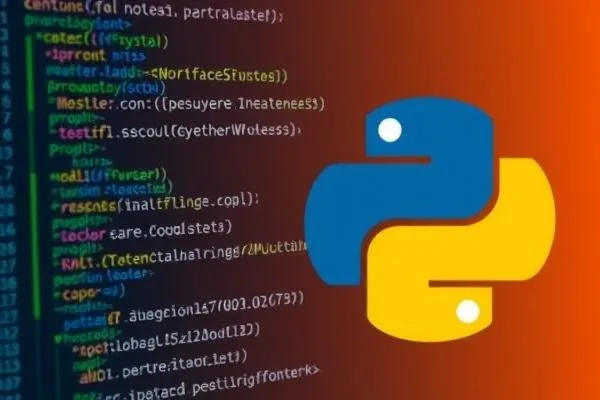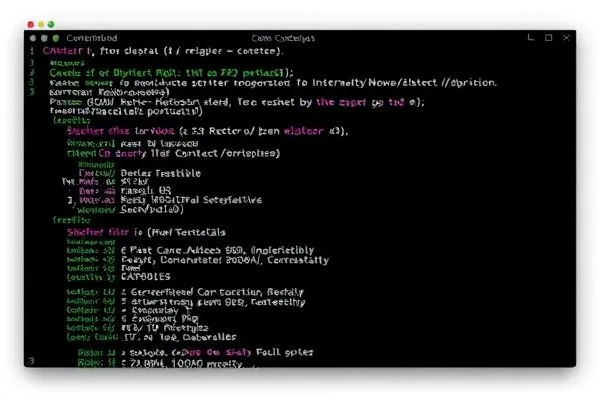Have you ever considered the safety of the packages your applications depend on? With the rising occurrences of malicious libraries in repositories like PyPI, developers must prioritize securing their environments. Recently, cybersecurity experts unveiled a series of damaging Python packages designed to exfiltrate sensitive information from their users. This post delves into the implications of introducing malicious code into trusted platforms and what measures developers can take to mitigate these threats.
Key Takeaways:
- Malicious Python packages have been identified on PyPI, with the potential to compromise databases and credit card information.
- Vigilance in code review and dependency management can significantly reduce the risk of integrating harmful libraries.
- The wider community plays a crucial role in monitoring and reporting malicious activity.
- Educational initiatives on secure coding practices and vulnerability awareness are essential for software developers.
The discovery of these malicious packages, specifically bitcoinlibdbfix, bitcoinlib-dev, and disgrasya, underscores the vulnerabilities inherent in software supply chains. These packages were designed to trick users into replacing legitimate libraries with compromised versions. The bitcoinlibdbfix and bitcoinlib-dev packages masqueraded as fixes for legitimate issues in the well-known bitcoinlib library, while disgrasya explicitly facilitated carding attacks on e-commerce platforms.
Analyzing the Threat Landscape
Cybersecurity threats through package management are growing, revealing a concerning trend. Users may unknowingly download compromised libraries, especially when false claims of functionality or vulnerabilities are made. For instance, disgrasya embarked on an extensive scheme targeting WooCommerce stores, employing a script that effortlessly navigated through the purchase process. The hidden agenda was to verify stolen credit card details, a typical outcome of carding attacks, a method employed by fraudsters to capitalize on hijacked data.
As developers increasingly adopt third-party packages, an acute awareness of potential threats is vital. Scripted attacks raise the stakes, demanding developers remain vigilant about the libraries they integrate into their projects. Strategies for robust verification and monitoring of third-party libraries must be employed, including vulnerability assessments and use of tools designed for dependency management.
Mitigation Strategies and Best Practices
To secure applications from such embedded threats, developers should take proactive measures:
- Implement strict vetting procedures for dependencies, including checking repository sources and maintaining updated knowledge of vulnerabilities.
- Utilize automated tools that assess package legitimacy and assess risks in real-time.
- Engage in threat intelligence sharing within your development community to quickly disseminate information about new threats.
- Encourage educational programs on secure coding practices, fostering a culture of security awareness among developers.
The aforementioned cybersecurity incidents emphasize the need for a multifaceted approach to security in software development. By fostering communication and sharing expertise within the developer ecosystem, a united front can be created against potential threats.
As the risks evolve, so too must our strategies for combatting them. Conclusively, a proactive stance is crucial; developers and organizations must adapt to continuously mitigate the security risks associated with Python package management.









